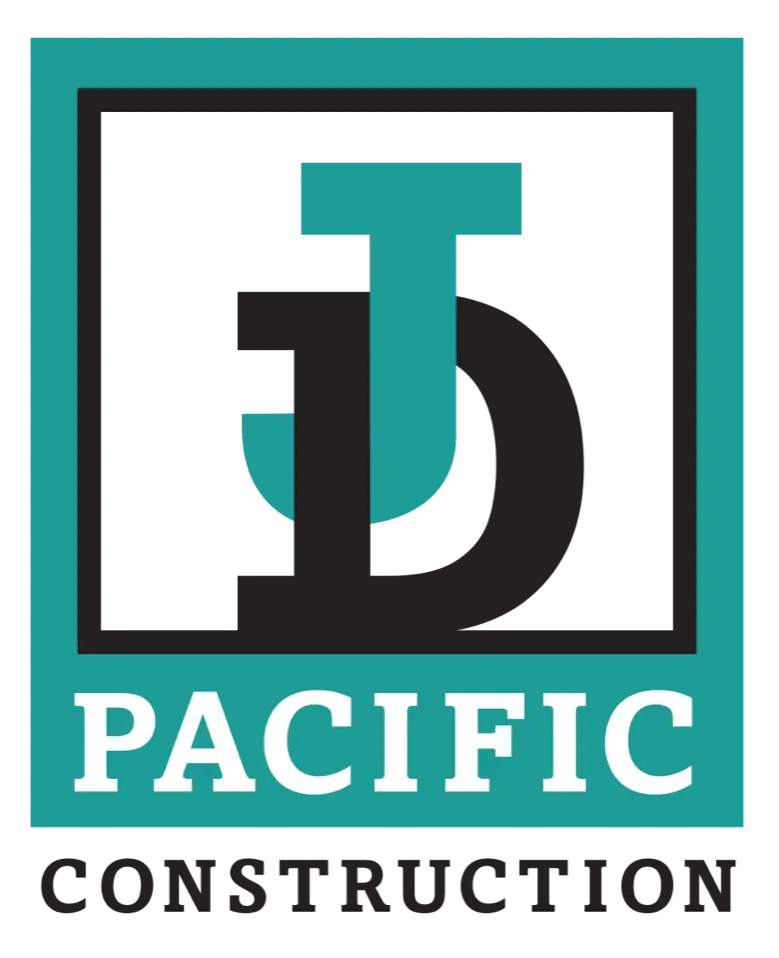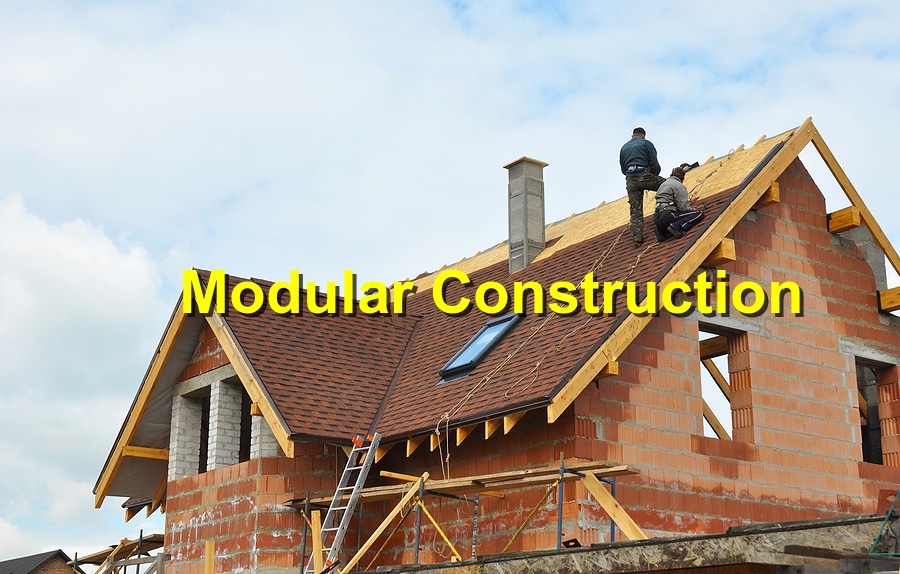Modular construction offers numerous benefits, including cost savings, reduced construction time, and enhanced sustainability. Learn how modular construction techniques offer flexibility, efficiency, and high-quality building solutions for various projects:
- Cost Savings: Modular construction can significantly reduce overall construction costs compared to traditional building methods. The streamlined manufacturing process, controlled factory environment, and bulk material purchasing result in cost savings through economies of scale. Additionally, reduced construction time translates to lower labor costs and fewer project delays, further contributing to cost savings.
- Reduced Construction Time: Modular construction allows for concurrent site preparation and factory fabrication, enabling projects to be completed in less time than conventional construction methods. Off-site manufacturing minimizes weather-related delays and on-site disruptions, resulting in faster project completion and earlier occupancy or revenue generation for clients.
- Enhanced Sustainability: Modular construction promotes sustainability through efficient material usage, reduced waste generation, and improved energy efficiency. Factory-controlled production environments optimize resource utilization and minimize construction waste. Additionally, modular buildings can incorporate sustainable design features such as energy-efficient systems, renewable materials, and green building certifications.
- Quality Control: Factory-controlled manufacturing processes in modular construction ensure consistent quality and adherence to strict industry standards. Each module undergoes rigorous quality control inspections throughout the production process, resulting in high-quality building components that meet or exceed regulatory requirements and client expectations.
- Flexibility and Adaptability: This construction offers unparalleled flexibility and adaptability to meet the evolving needs of clients and projects. Modular buildings can be easily reconfigured, expanded, or relocated to accommodate changing requirements, making them ideal for temporary or permanent installations, remote locations, and rapidly changing environments.
- Improved Safety: The controlled factory environment of modular construction enhances worker safety by minimizing exposure to hazardous conditions and reducing the risk of accidents and injuries. Off-site manufacturing also reduces on-site construction activities and associated safety hazards, resulting in improved overall safety performance.
- Design Innovation: This construction encourages design innovation and creativity by leveraging advanced manufacturing techniques, digital technologies, and customizable building components. Architects and designers have greater flexibility to explore unique design concepts, integrate advanced materials, and optimize building performance while maintaining cost-effectiveness and efficiency.
By leveraging the benefits of this kind of construction, stakeholders can realize cost savings, reduce construction time, enhance sustainability, and achieve superior quality outcomes for their building projects. Embracing modular construction techniques offers a modern, efficient, and innovative approach to meeting the diverse needs of today’s construction industry.
References: ProjectManager, Wikipedia




